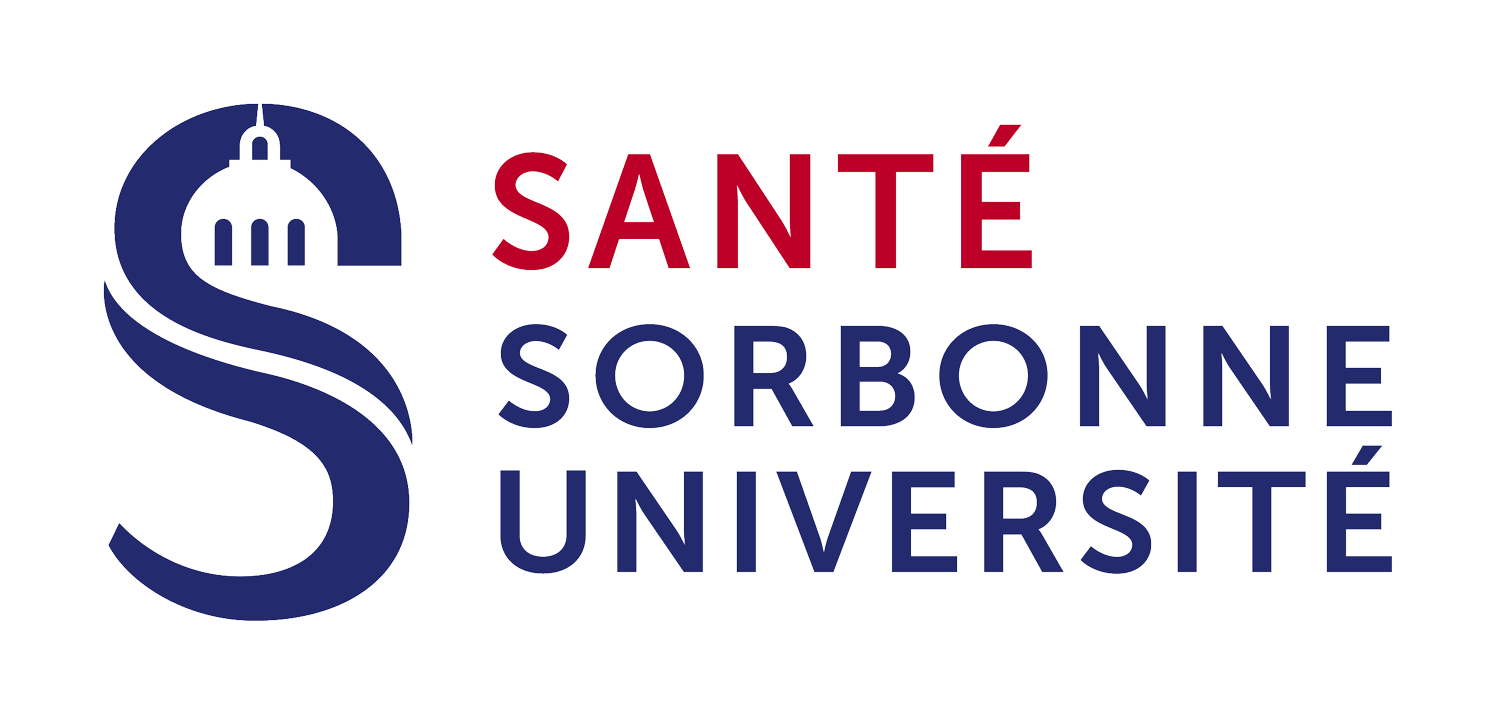Heatwaves, air pollution, urban heat islands, and the risk of multiple sclerosis relapses.
Multiple sclerosis (MS) is the leading cause of non-traumatic neurological disability in young individuals. It is characterized by recurrent relapses, leading to the development of new neurological symptoms or the worsening of pre-existing symptoms, followed by periods of remission. The number and intensity of these relapses contribute to long-term disability accumulation. The effect of heatwaves on the risk of MS relapses is still under discussion. Urban infrastructure can exacerbate this risk by creating urban heat islands (UHI), which might alter the associations between heat, pollution, and MS relapses.
This research project, funded by the IRESP and led by Giovanna Fancello and Basile Chaix in collaboration with Florence Tubach and Edouard Januel from the PEPITES team and Julia Hildago from the LISST (Laboratoire Interdisciplinaire Solidarités, Sociétés, Territoires) of Tolosa, seeks to determine if heatwaves are associated with an increased risk of relapses in MS patients in different microclimatic zones. The study will involve the analysis of 1,500 patients from the CONFISEP study who have been diagnosed with relapsing-remitting multiple sclerosis and are regularly monitored at the neurology department of Pitié-Salpêtrière Hospital and the Rothschild Ophthalmological Foundation. Firstly, this study will examine how exposure to meteorological factors is linked to the risk of relapses in these patients. Interactions with air pollutants will be also investigated. Secondly, it will analyse how variables related to Urban Heat Islands may modify the associations between meteorological factors and relapses, as well as the accumulation of disability in these patients.





